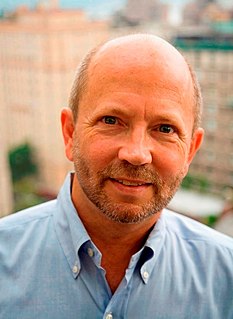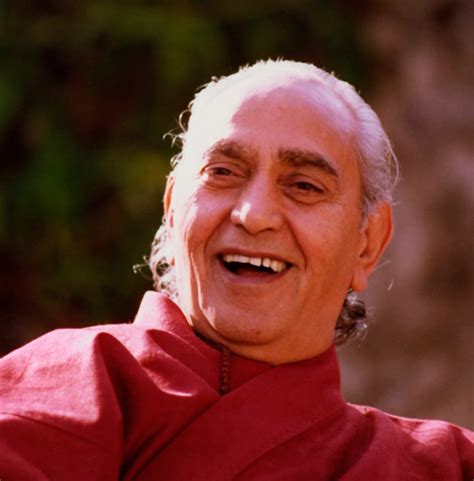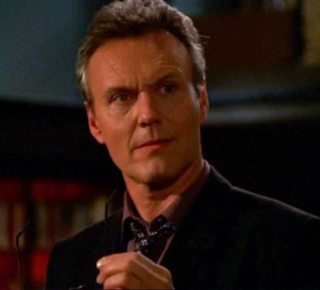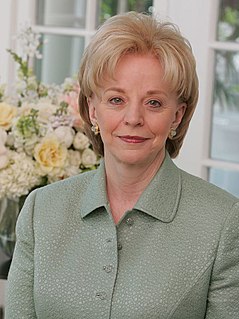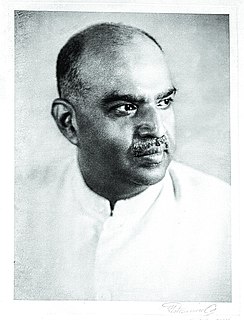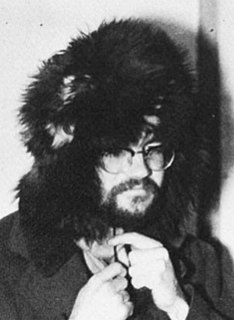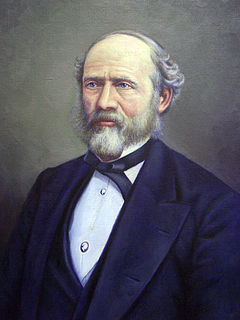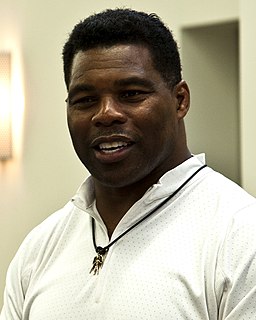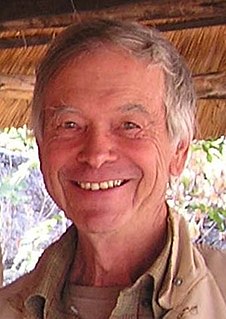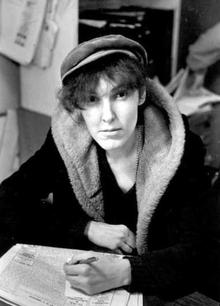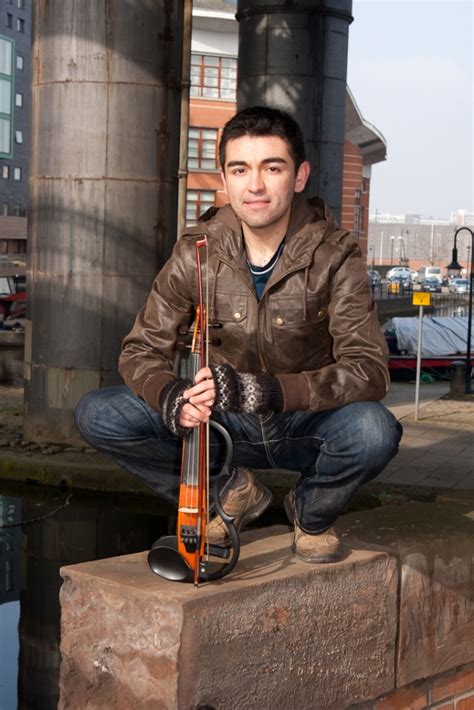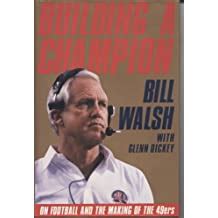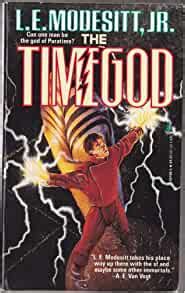Top 1200 Self-Knowledge Quotes & Sayings - Page 20
Explore popular Self-Knowledge quotes.
Last updated on April 20, 2025.
In early psychoanalytic thought, narcissism was - and still, of course, is - self-love. The early psychoanalysts used to talk of libido directed at the self. That now feels a little quaint, that kind of language. But it does include the most fierce and self-displaying form of one's individual self. And in this way, it can be dangerous. When you look at Donald Trump, you can really see someone who's destructive to any form of life enhancement in virtually every area. And if that's what Fromm means by malignant narcissism, then it definitely applies.
All I can tell you with certainty is that I, for one, have no self, and that I am unwilling or unable to perpetrate upon myself the joke of a self. What I have instead is a variety of impersonations I can do, and not only of myself - a troupe of players that I have internalised, a permanent company of actors that I can call upon when a self is required. I am a theater and nothing more than a theater.
All beings exist in an invisible state and then come to a state of visibility. Change occurs only on the surface, for the self-existent glory remains unchanged; changing form does not affect the self-existent Reality. Atman, Soul or the Self, dwells in all that is perishable, yet it remains imperishable.
Man is not merely the sum of his masks. Behind the shifting face of personality is a hard nugget of self, a genetic gift.... The self is malleable but elastic, snapping back to its original shape like a rubber band. Mental illness is no myth, as some have claimed. It is a disturbance in our sense of possession of a stable inner self that survives its personae.
Sleep takes off the costume of circumstance, arms us with terrible freedom, so that every will rushes to deed. A skillful man reads his dreams for his self-knowledge; yet not the details, but the quality. What part does he play in them - a cheerful, manly part, or a poor, drivelling part? However monstrous and grotesque their apparitions, they have a substantial truth.
The fact that people have religious experiences is interesting from the psychological point of view, but it does not in any way imply that there is such a thing as religious knowledge...Unless he can formulate this 'knowledge' in propositions that are empirically verifiable, we may be sure that he is deceiving himself.
All of us cherish our beliefs. They are, to a degree, self-defining. When someone comes along who challenges our belief system as insufficiently well-based - or who, like Socrates, merely asks embarrassing questions that we haven't thought of, or demonstrates that we've swept key underlying assumptions under the rug - it becomes much more than a search for knowledge. It feels like a personal assault.
Self-esteem is reliance on one's power to think. It cannot be replaced by one's power to deceive. The self-confidence of a scientist and the self-confidence of a con man are not interchangeable states, and do not come from the same psychological universe. The success of a man who deals with reality augments his self-confidence. The success of a con man augments his panic.
Well, part of it is a longstanding belief - it's been in our education establishment at least since the 1930s - that somehow children should be allowed to discover knowledge for themselves, that they should construct their own knowledge. This has surfaced most recently in connection with mathematics instruction, where the idea is that they need to discover how to add for themselves. Rather than being taught how to add, they should construct this knowledge on their own.
What we deplore is not that the gate of western knowledge was thrown open to Indians, but that such knowledge was imported to India at the sacrifice of our own cultural heritage. What was needed was a proper synthesis between the two systems and not neglect, far less destruction, of the Indian base.
The dissolution of society bids fair to become the termination of a career of which property is the end and aim, because such a career contains the elements of self-destruction. Democracy in government, brotherhood in society, equality in rights and privileges, and universal education, foreshadow the next higher plane of society to which experience, intelligence and knowledge are steadily tending.
I am certain that I have been here as I am now a thousand times before, and I hope to return a thousand times... Man is a dialogue between nature and God. On other planets this dialogue will doubtless be of a higher and profounder character. What is lacking is Self-Knowledge. After that the rest will follow.
Scientific modes of thought cannot be developed and become generally accepted unless people renounce their primary, unreflecting, and spontaneous attempt to understand all their experience in terms of its purpose and meaning for themselves. The development that led to more adequate knowledge and increasing control of nature was therefore, considered from one aspect, also a development toward greater self-control by men.

